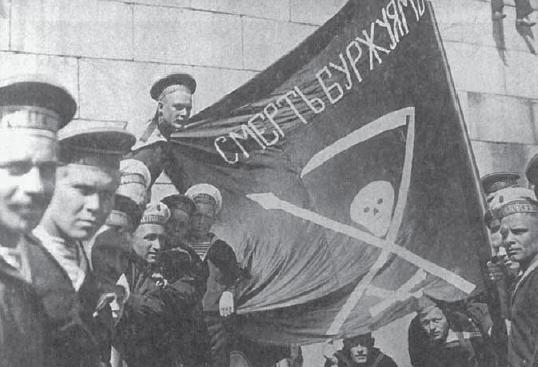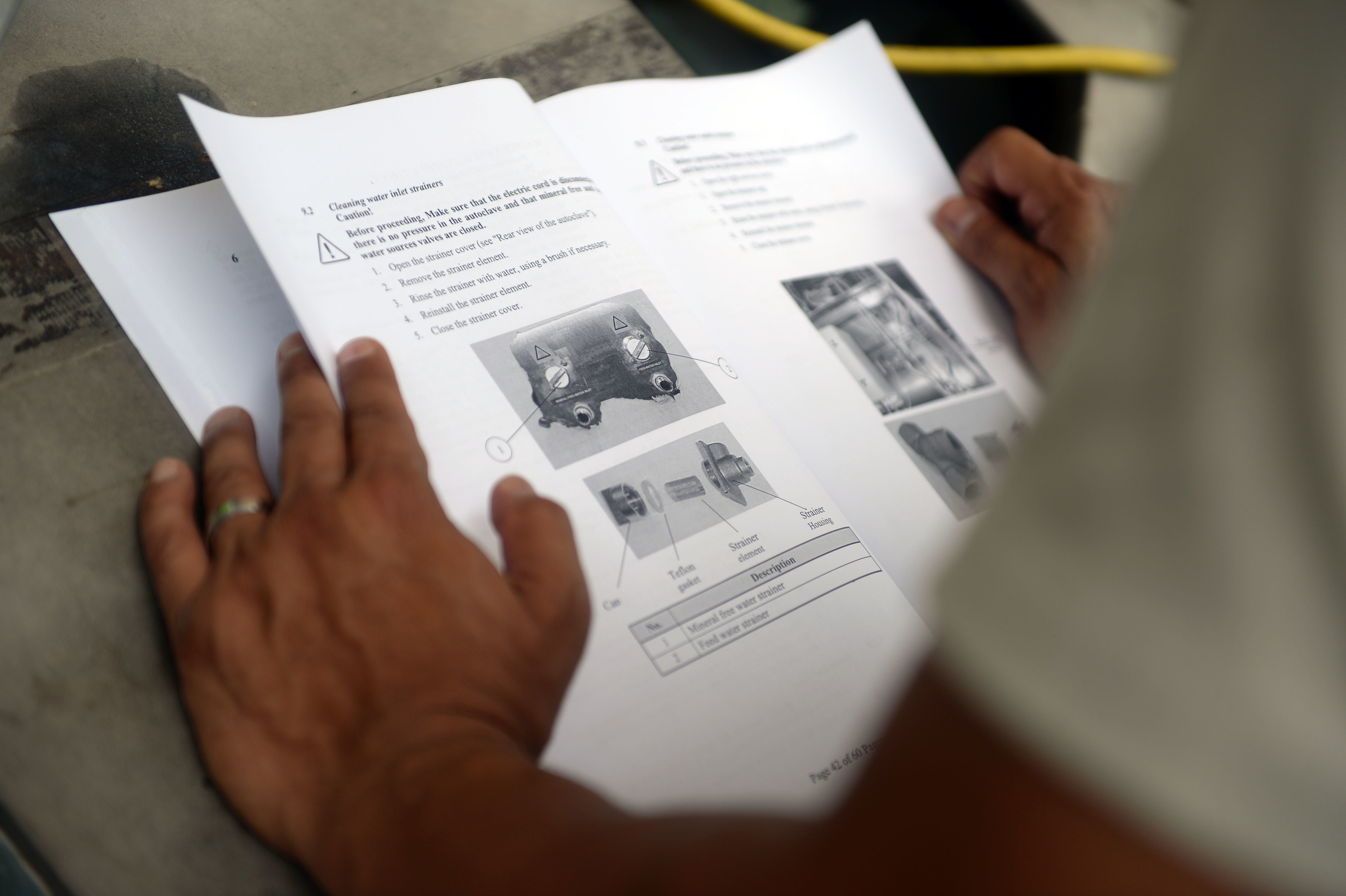|
Yuriy Lutovinov
Yury Kharitonovich (or Khrisanfovich) Lutovinov (russian: Юрий Харитонович/Хрисантович Лутовинов; 1887–1924) was a Russian Bolshevik revolutionary and labor leader, of working-class extraction. Lutovinov was born in Luhansk. He started work in metals factories in the Donbas as a teenager, and joined the Bolshevik Party in 1904. Lutovinov also was an activist in the Russian Metalworkers' Union. During World War I, Lutovinov worked at the Aivaz factory in Petrograd and helped arrange the transport of Bolshevik literature to the Donbas. In spring of 1918 he was a chairman of the Soviet government of the Luhansk Oblast and then the Donetsk-Kryvoi Rog Republic. During the Russian Civil War, Lutovinov served at the Red Army and was a member of the Central Committee of the Communist Party (Bolsheviks) of Ukraine. He was in the central committee of the Russian Metalworkers' Union and a member of the All-Russian Central Council of Trade Unions. After ... [...More Info...] [...Related Items...] OR: [Wikipedia] [Google] [Baidu] |
Kronstadt Rebellion
The Kronstadt rebellion ( rus, Кронштадтское восстание, Kronshtadtskoye vosstaniye) was a 1921 insurrection of Soviet sailors and civilians against the Bolshevik government in the Russian SFSR port city of Kronstadt. Located on Kotlin Island in the Gulf of Finland, Kronstadt defended the former capital city, Petrograd, as the base of the Baltic Fleet. For sixteen days in March 1921, rebels in Kronstadt's naval fortress rose in opposition to the Soviet government they had helped to consolidate. Led by Stepan Petrichenko, it was the last major revolt against the Bolshevik regime on Russian territory during the Russian Civil War. Disappointed in the direction of the Bolshevik government, the rebels—whom Leon Trotsky himself had praised earlier as "adornment and pride of the revolution"—demanded a series of reforms: reduction in Bolshevik power, newly elected ''soviet'' councils to include socialist and anarchist groups, economic freedom for peasants an ... [...More Info...] [...Related Items...] OR: [Wikipedia] [Google] [Baidu] |
Soviet Politicians Who Committed Suicide
The Soviet Union,. officially the Union of Soviet Socialist Republics. (USSR),. was a transcontinental country that spanned much of Eurasia from 1922 to 1991. A flagship communist state, it was nominally a federal union of fifteen national republics; in practice, both its government and its economy were highly centralized until its final years. It was a one-party state governed by the Communist Party of the Soviet Union, with the city of Moscow serving as its capital as well as that of its largest and most populous republic: the Russian SFSR. Other major cities included Leningrad (Russian SFSR), Kiev (Ukrainian SSR), Minsk (Byelorussian SSR), Tashkent (Uzbek SSR), Alma-Ata (Kazakh SSR), and Novosibirsk (Russian SFSR). It was the largest country in the world, covering over and spanning eleven time zones. The country's roots lay in the October Revolution of 1917, when the Bolsheviks, under the leadership of Vladimir Lenin, overthrew the Russian Provisional Government that ... [...More Info...] [...Related Items...] OR: [Wikipedia] [Google] [Baidu] |
All-Russian Central Executive Committee Members
The All-Russian nation (russian: общерусский народ, ) or triune Russian nation (russian: триединый русский народ, label=none, ), also called the pan-Russian nation ( uk, пан-руський народ, ), is the term for the imperial Russian ideology that sees the Russian nation as comprising a "trinity" of sub-nations: Great Russia, Little Russia, and White Russia. Respectively, these sub-nations are contextually identified with Russians, Ukrainians, and Belarusians. Above all, the basis of the ideology's upholding of an inclusive Russian identity is centred around bringing all East Slavs under its fold. An imperial dogma focused on nation-building became popular in the Tsardom of Russia and the Russian Empire, where it was consolidated as the official state ideology; the sentiment of the triune nationality of "All-Russian" was embraced by many imperial subjects, including Jews and Germans, and ultimately served as the foundation of the Rus ... [...More Info...] [...Related Items...] OR: [Wikipedia] [Google] [Baidu] |
Old Bolsheviks
Old Bolshevik (russian: ста́рый большеви́к, ''stary bolshevik''), also called Old Bolshevik Guard or Old Party Guard, was an unofficial designation for a member of the Bolshevik faction of the Russian Social Democratic Labour Party before the Russian Revolution of 1917. Many Old Bolsheviks became leading politicians and bureaucrats in the Soviet Union and the ruling Communist Party. Most died over the years from natural causes, but a number were removed from power or executed in the late 1930s, as a result of the Great Purge by Joseph Stalin. Overview Definition Initially, the term "Old Bolshevik" (ста́рый большеви́к, ''stary bolshevik'') referred to Bolsheviks who joined the Russian Social Democratic Labour Party before 1905. On February 13, 1922, under the chairmanship of the Old Bolshevik historian Mikhail Olminsky, the Society of Old Bolsheviks (Общество старых большевиков) at the Istpart (Commission on the Study ... [...More Info...] [...Related Items...] OR: [Wikipedia] [Google] [Baidu] |
Soviet Military Personnel Of The Russian Civil War
The Soviet Union,. officially the Union of Soviet Socialist Republics. (USSR),. was a transcontinental country that spanned much of Eurasia from 1922 to 1991. A flagship communist state, it was nominally a federal union of fifteen national republics; in practice, both its government and its economy were highly centralized until its final years. It was a one-party state governed by the Communist Party of the Soviet Union, with the city of Moscow serving as its capital as well as that of its largest and most populous republic: the Russian SFSR. Other major cities included Leningrad (Russian SFSR), Kiev (Ukrainian SSR), Minsk (Byelorussian SSR), Tashkent (Uzbek SSR), Alma-Ata (Kazakh SSR), and Novosibirsk (Russian SFSR). It was the largest country in the world, covering over and spanning eleven time zones. The country's roots lay in the October Revolution of 1917, when the Bolsheviks, under the leadership of Vladimir Lenin, overthrew the Russian Provisional Government tha ... [...More Info...] [...Related Items...] OR: [Wikipedia] [Google] [Baidu] |
Russian Social Democratic Labour Party Members
Russian(s) refers to anything related to Russia, including: *Russians (, ''russkiye''), an ethnic group of the East Slavic peoples, primarily living in Russia and neighboring countries *Rossiyane (), Russian language term for all citizens and people of Russia, regardless of ethnicity *Russophone, Russian-speaking person (, ''russkogovoryashchy'', ''russkoyazychny'') *Russian language, the most widely spoken of the Slavic languages *Russian alphabet * Russian cuisine *Russian culture *Russian studies Russian may also refer to: *Russian dressing *''The Russians'', a book by Hedrick Smith *Russian (comics), fictional Marvel Comics supervillain from ''The Punisher'' series *Russian (solitaire), a card game * "Russians" (song), from the album ''The Dream of the Blue Turtles'' by Sting *"Russian", from the album ''Tubular Bells 2003'' by Mike Oldfield *"Russian", from the album '' '' by Caravan Palace *Nik Russian, the perpetrator of a con committed in 2002 *The South African name for a ... [...More Info...] [...Related Items...] OR: [Wikipedia] [Google] [Baidu] |
People From Yekaterinoslav Governorate
A person ( : people) is a being that has certain capacities or attributes such as reason, morality, consciousness or self-consciousness, and being a part of a culturally established form of social relations such as kinship, ownership of property, or legal responsibility. The defining features of personhood and, consequently, what makes a person count as a person, differ widely among cultures and contexts. In addition to the question of personhood, of what makes a being count as a person to begin with, there are further questions about personal identity and self: both about what makes any particular person that particular person instead of another, and about what makes a person at one time the same person as they were or will be at another time despite any intervening changes. The plural form "people" is often used to refer to an entire nation or ethnic group (as in "a people"), and this was the original meaning of the word; it subsequently acquired its use as a plural form of ... [...More Info...] [...Related Items...] OR: [Wikipedia] [Google] [Baidu] |
People From Luhansk
A person ( : people) is a being that has certain capacities or attributes such as reason, morality, consciousness or self-consciousness, and being a part of a culturally established form of social relations such as kinship, ownership of property, or legal responsibility. The defining features of personhood and, consequently, what makes a person count as a person, differ widely among cultures and contexts. In addition to the question of personhood, of what makes a being count as a person to begin with, there are further questions about personal identity and self: both about what makes any particular person that particular person instead of another, and about what makes a person at one time the same person as they were or will be at another time despite any intervening changes. The plural form "people" is often used to refer to an entire nation or ethnic group (as in "a people"), and this was the original meaning of the word; it subsequently acquired its use as a plural form of per ... [...More Info...] [...Related Items...] OR: [Wikipedia] [Google] [Baidu] |
1924 Suicides
Nineteen or 19 may refer to: * 19 (number), the natural number following 18 and preceding 20 * one of the years 19 BC, AD 19, 1919, 2019 Films * 19 (film), ''19'' (film), a 2001 Japanese film * Nineteen (film), ''Nineteen'' (film), a 1987 science fiction film Music * 19 (band), a Japanese pop music duo Albums * 19 (Adele album), ''19'' (Adele album), 2008 * ''19'', a 2003 album by Alsou * ''19'', a 2006 album by Evan Yo * ''19'', a 2018 album by MHD (rapper), MHD * ''19'', one half of the double album ''63/19'' by Kool A.D. * ''Number Nineteen'', a 1971 album by American jazz pianist Mal Waldron * XIX (EP), ''XIX'' (EP), a 2019 EP by 1the9 Songs * 19 (song), "19" (song), a 1985 song by British musician Paul Hardcastle. * "Nineteen", a song by Bad4Good from the 1992 album ''Refugee (Bad4Good album), Refugee'' * "Nineteen", a song by Karma to Burn from the 2001 album ''Almost Heathen''. * Nineteen (song), "Nineteen" (song), a 2007 song by American singer Billy Ray Cyrus ... [...More Info...] [...Related Items...] OR: [Wikipedia] [Google] [Baidu] |
1887 Births
Events January–March * January 11 – Louis Pasteur's anti-rabies treatment is defended in the Académie Nationale de Médecine, by Dr. Joseph Grancher. * January 20 ** The United States Senate allows the Navy to lease Pearl Harbor as a naval base. ** British emigrant ship ''Kapunda'' sinks after a collision off the coast of Brazil, killing 303 with only 16 survivors. * January 21 ** The Amateur Athletic Union (AAU) is formed in the United States. ** Brisbane receives a one-day rainfall of (a record for any Australian capital city). * January 24 – Battle of Dogali: Abyssinian troops defeat the Italians. * January 28 ** In a snowstorm at Fort Keogh, Montana, the largest snowflakes on record are reported. They are wide and thick. ** Construction work begins on the foundations of the Eiffel Tower in Paris, France. * February 2 – The first Groundhog Day is observed in Punxsutawney, Pennsylvania. * February 4 – The Interstate Commerce Act ... [...More Info...] [...Related Items...] OR: [Wikipedia] [Google] [Baidu] |
Handbook On History Of The Communist Party And The Soviet Union 1898 – 1991
A handbook is a type of reference work, or other collection of instructions, that is intended to provide ready reference. The term originally applied to a small or portable book containing information useful for its owner, but the ''Oxford English Dictionary'' defines the current sense as "any book ... giving information such as facts on a particular subject, guidance in some art or occupation, instructions for operating a machine, or information for tourists." accessed 23 March 2017. A handbook is sometimes referred to as a '''' ( |


.png)

_1938.jpg)

